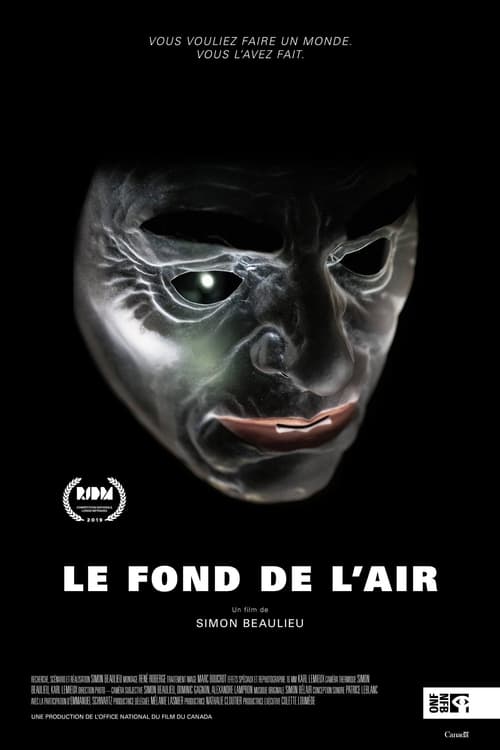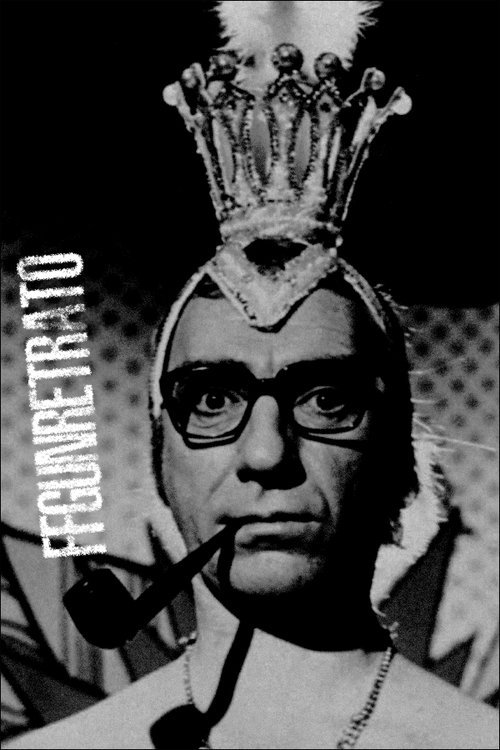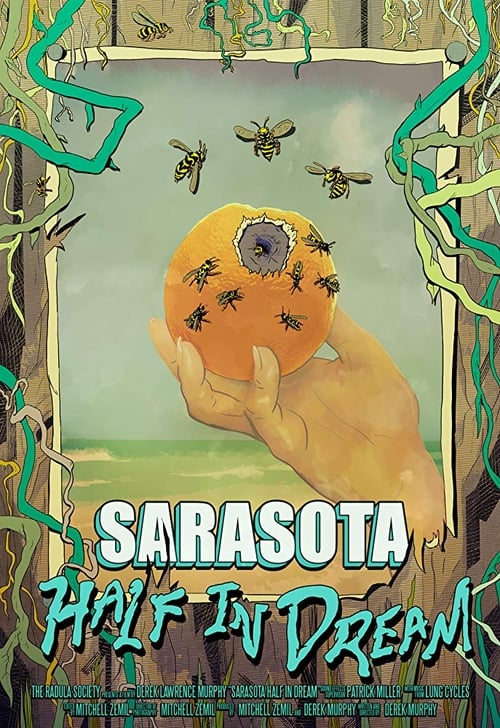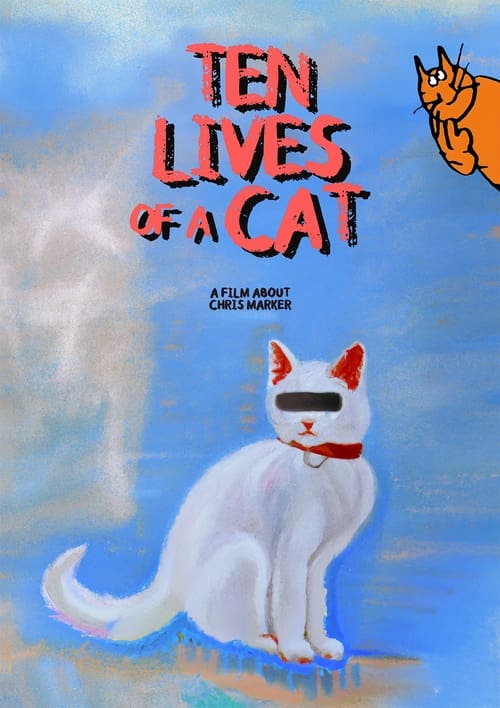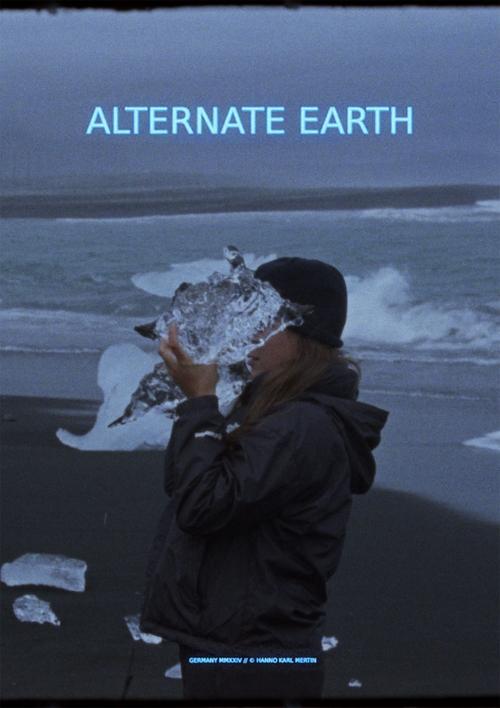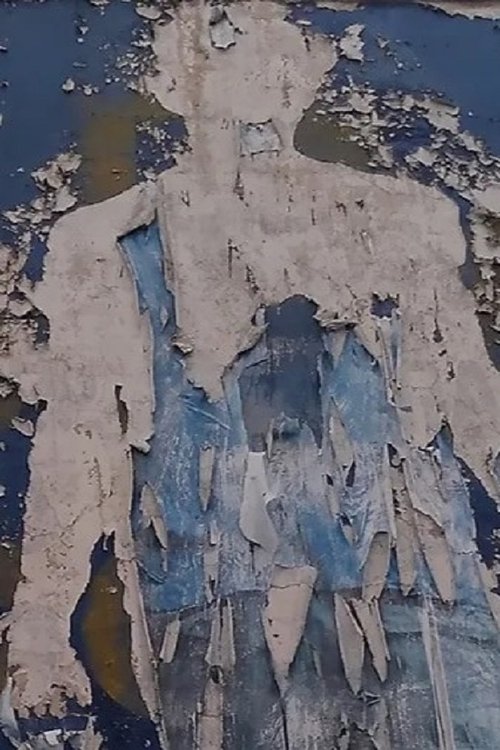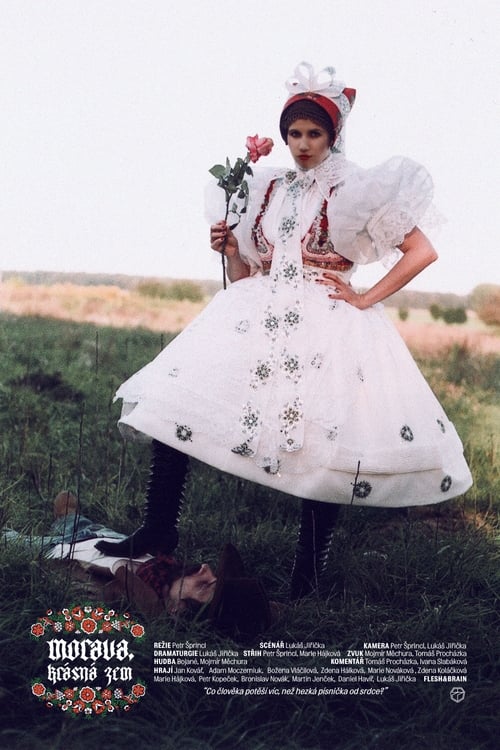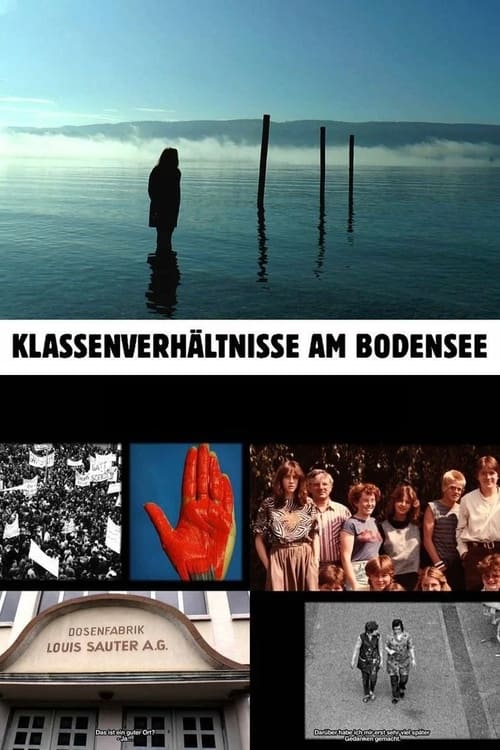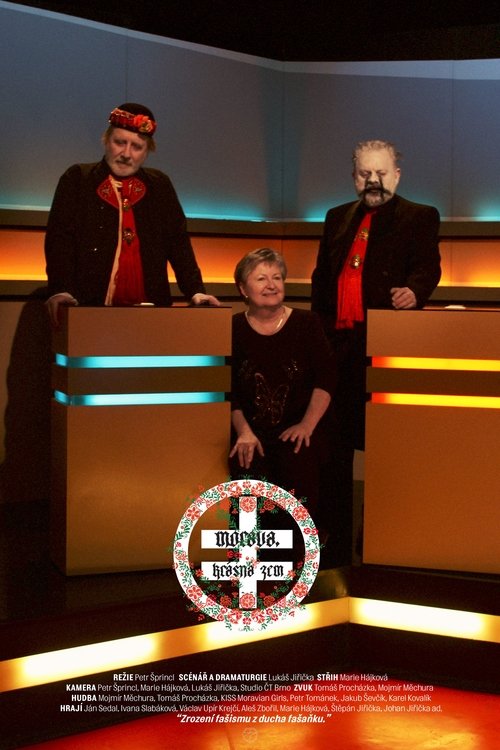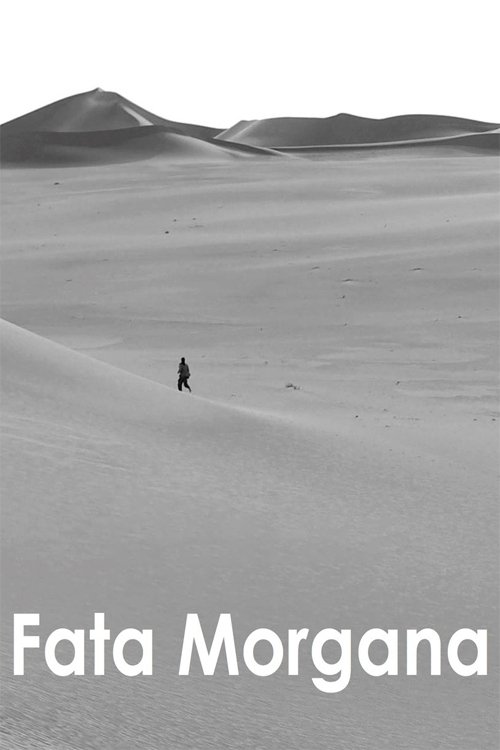
Plot
Following Bellavista and Totó, Peter Schreiner completes his informal trilogy of epic, black-and-white digital-video essay-films with the utterly monumental Fata Morgana. Shot in the Libyan desert and in an abandoned building in Lausitz, Germany, it features a man (Christian Schmidt), a woman (Giuliana Pachner, from Bellavista) - and, glimpsed now and again, a guide (Awad Elkish.) They talk, they fall silent. Winds blow. The sun shines. The camera runs. What gradually takes shape is nothing less than a painstakingly concentrated attempt to understand the human condition through the lens of cinema. A lofty ambition, and one that demands a considerable leap of faith on the part of the audience: this film is sedate, "difficult", challenging, often apparently impenetrable. But anyone who has seen Schreiner's previous films will be aware that he is by any standards a major artist, one that can be trusted to find places that other directors may not even suspect exist.
Trailer
Cast
Giuliana Pachner
Christian Schmidt
Awad Elkish

